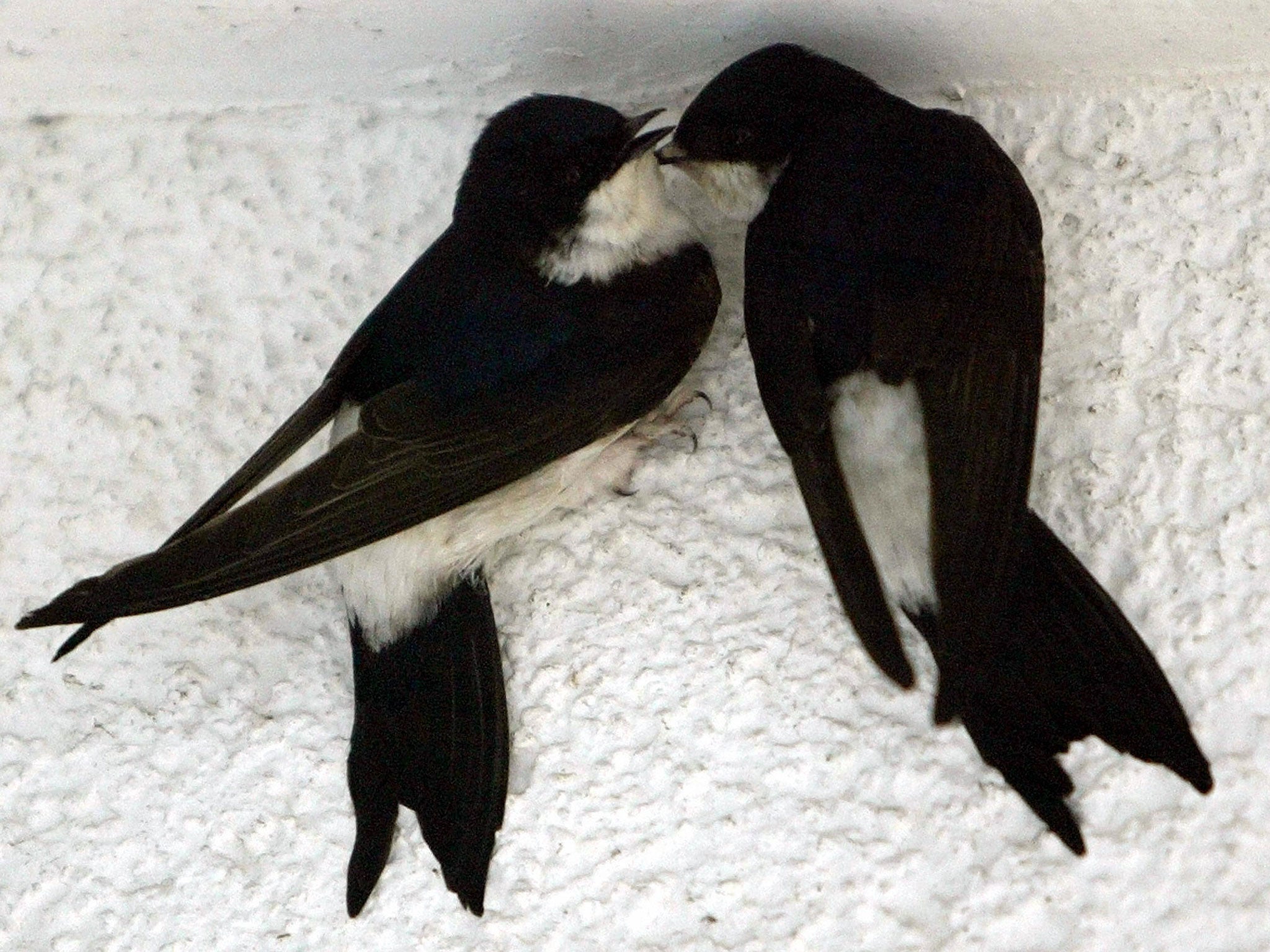Swallows are evolving to avoid cars and trucks, study finds

Collisions with road vehicles are driving a population of swallows to evolve into faster, more agile fliers with shortened wings.
Natural selection has favoured birds that are better able to get out of the way of oncoming cars and trucks, scientists in the US have discovered.
Survivors tend to have shorter wings that make it easier to take off quickly and pivot out of the path of danger. As a result, the birds’ wings have reduced in length by as much as 4mm over the past 30 years, the researchers found.
This, in turn, has led to a sharp reduction in the number of swallows killed on the roads in Keith County, Nebraska, where the study was conducted.
The findings are an example of how urban environments can become evolutionary hotspots, according to the lead scientist Dr Charles Brown, of the University of Tulsa in Oklahoma.
“Evolution is an ongoing process, and all this – roads, SUVs, and all – is part of nature or ‘the wild’; they exert selection pressures in a way we don’t usually think about,” Dr Brown said. “Longer-winged swallows sitting on a road probably can’t take off as quickly, or gain altitude as quickly, as shorter-winged birds, and thus the former are more likely to collide with an oncoming vehicle.”
The study, published in the journal Current Biology, began in 1982 with researchers scouring the roads for dead cliff swallows, which attach their mud nests on vertical walls under bridges and overpasses. Monitoring the road kill every year showed a dramatic reduction in deaths due to collisions between 1983 and 2012.
PA
Subscribe to Independent Premium to bookmark this article
Want to bookmark your favourite articles and stories to read or reference later? Start your Independent Premium subscription today.

Join our commenting forum
Join thought-provoking conversations, follow other Independent readers and see their replies